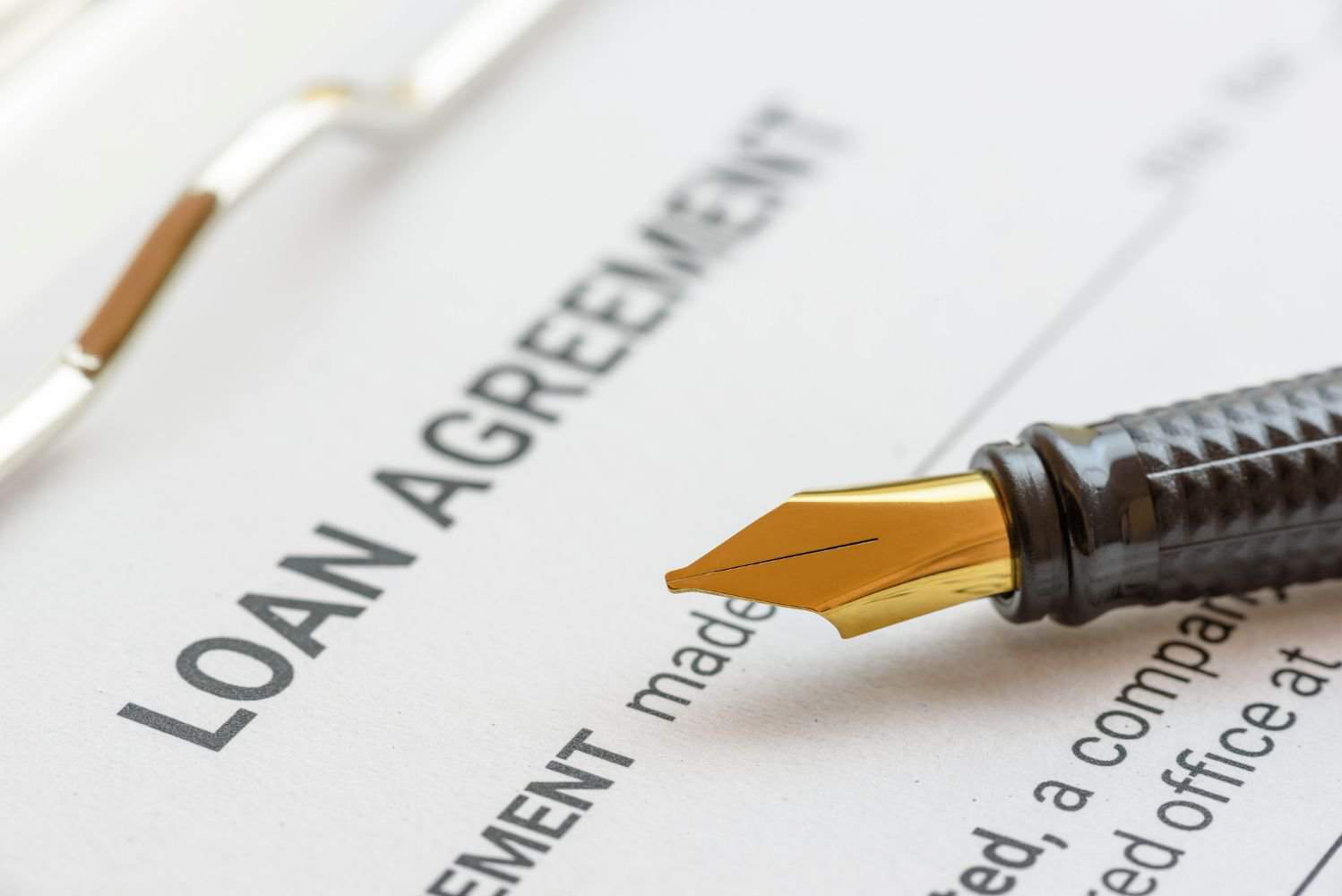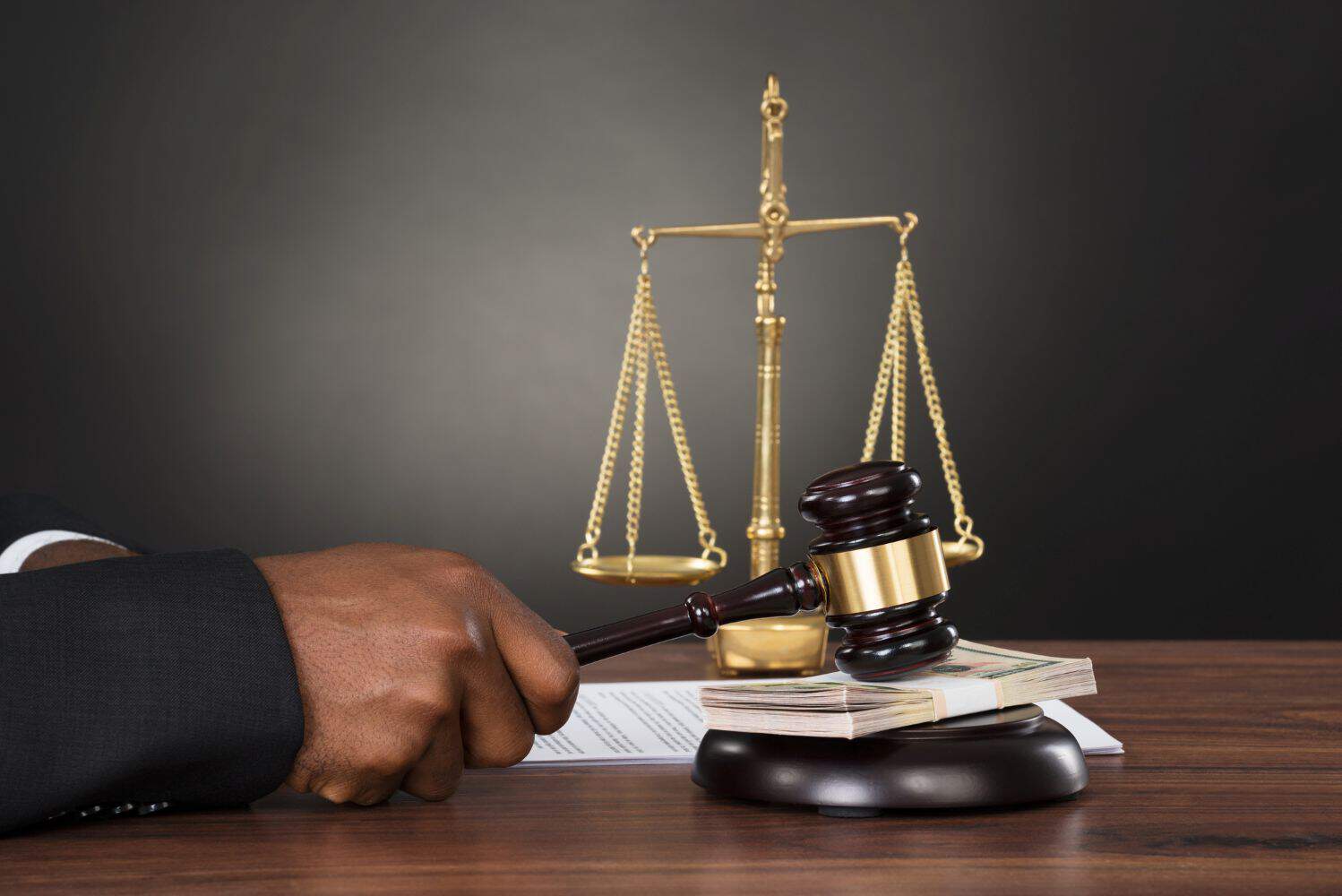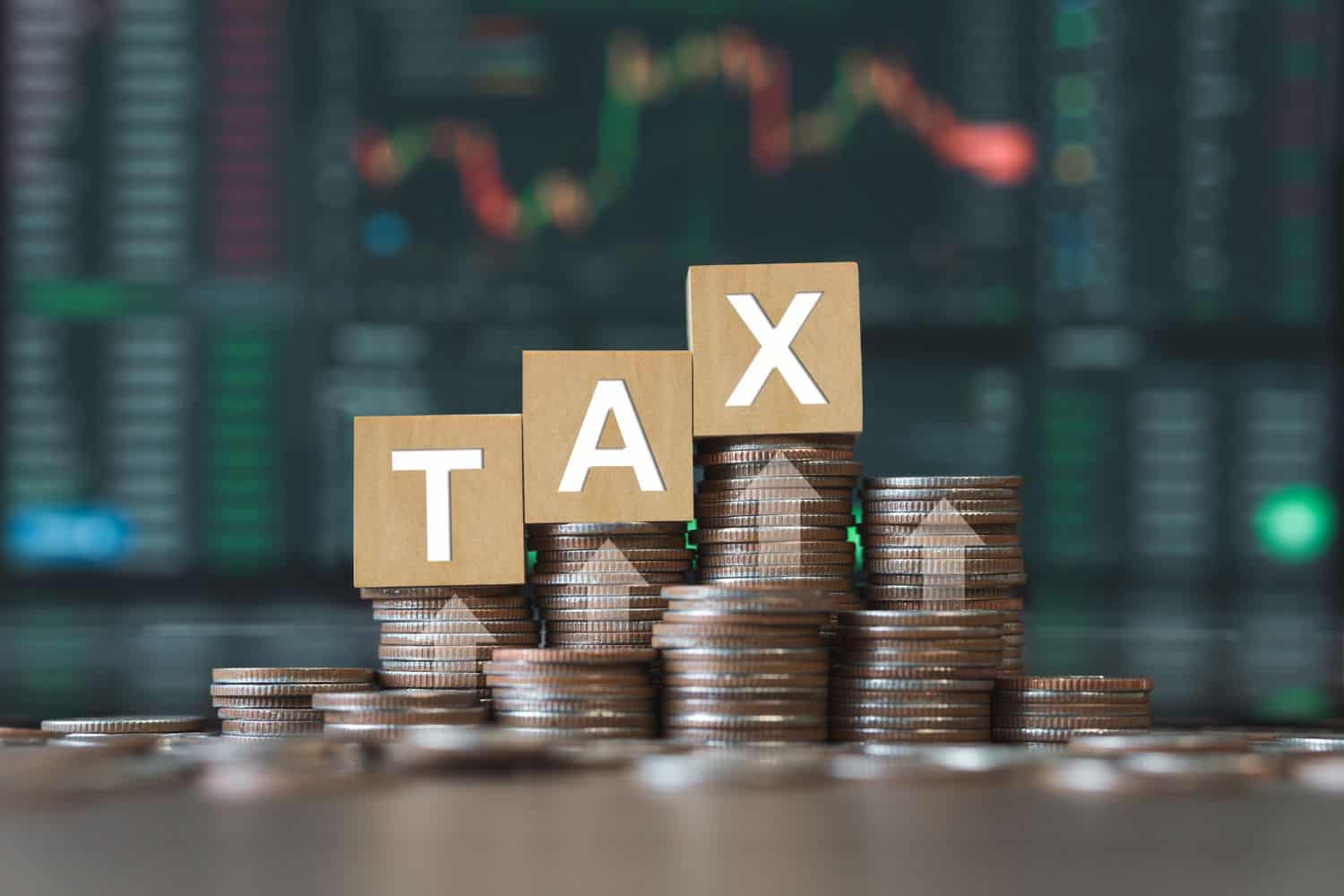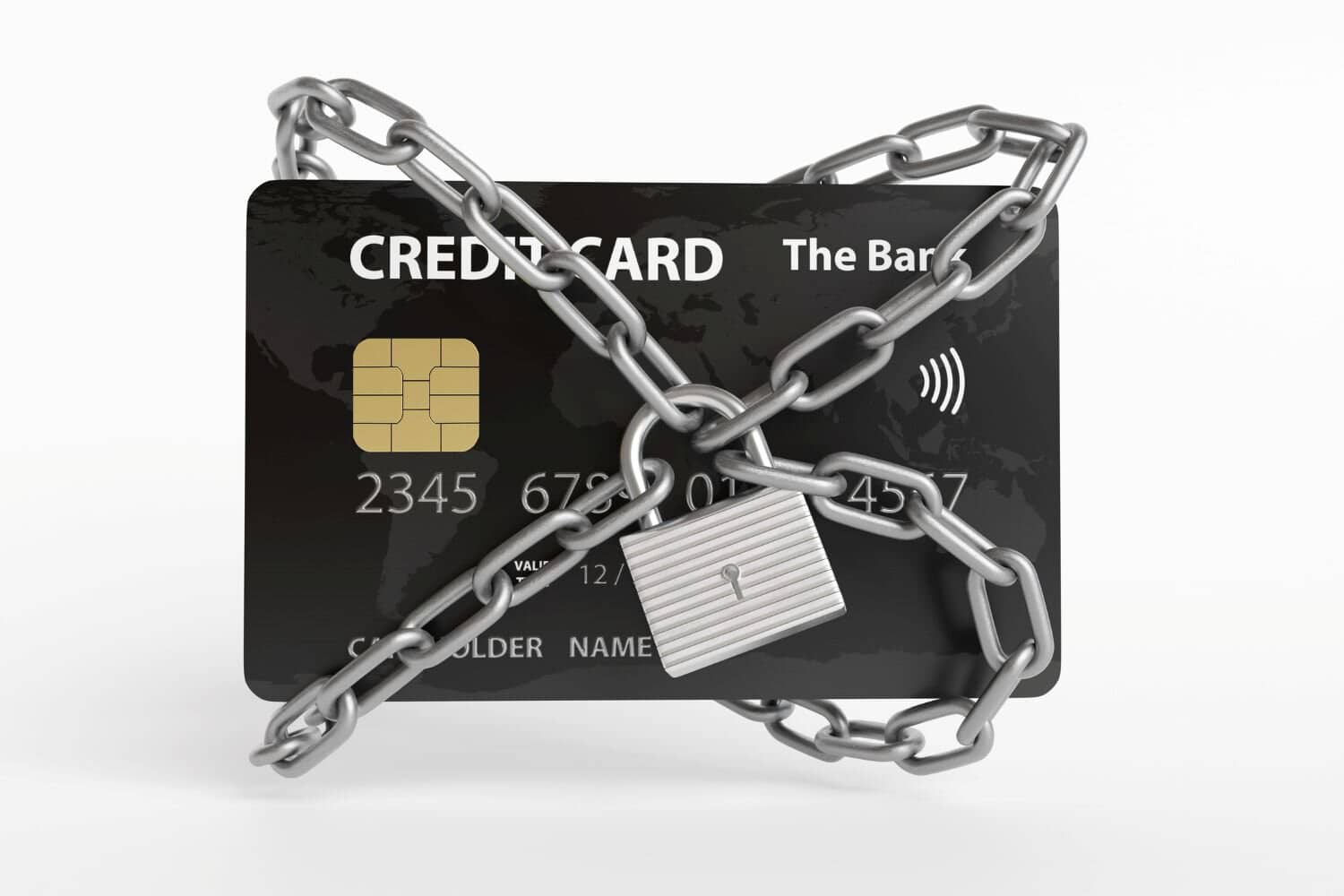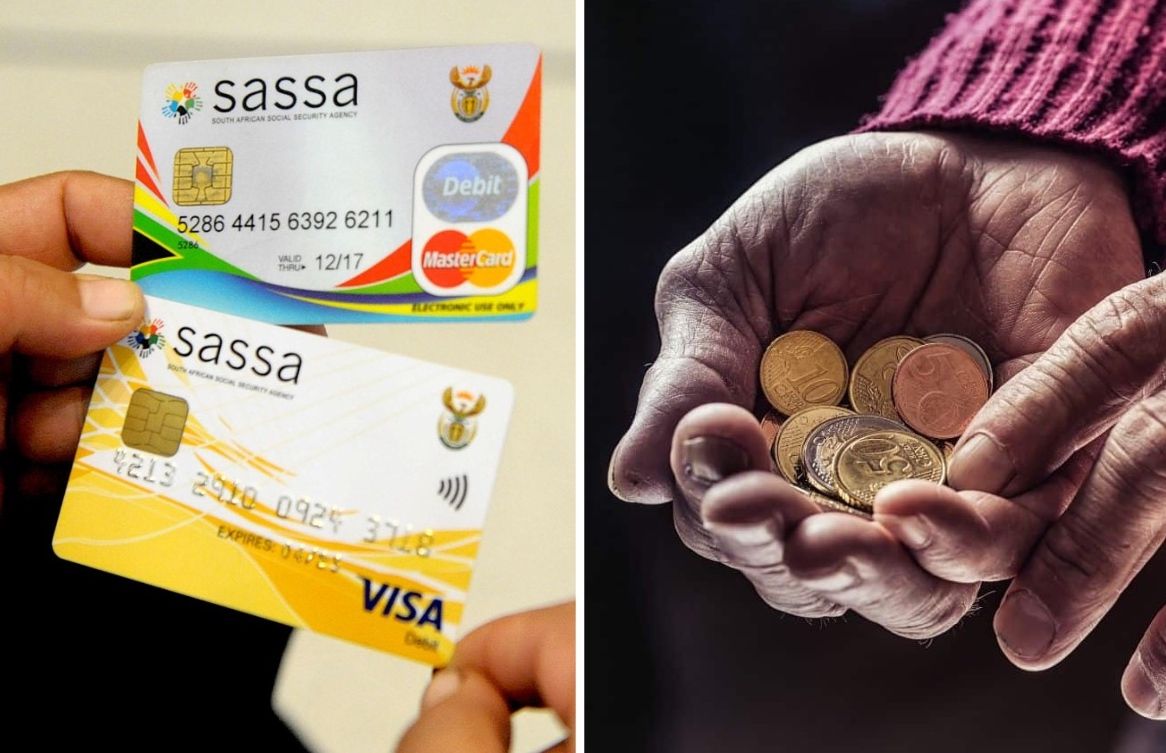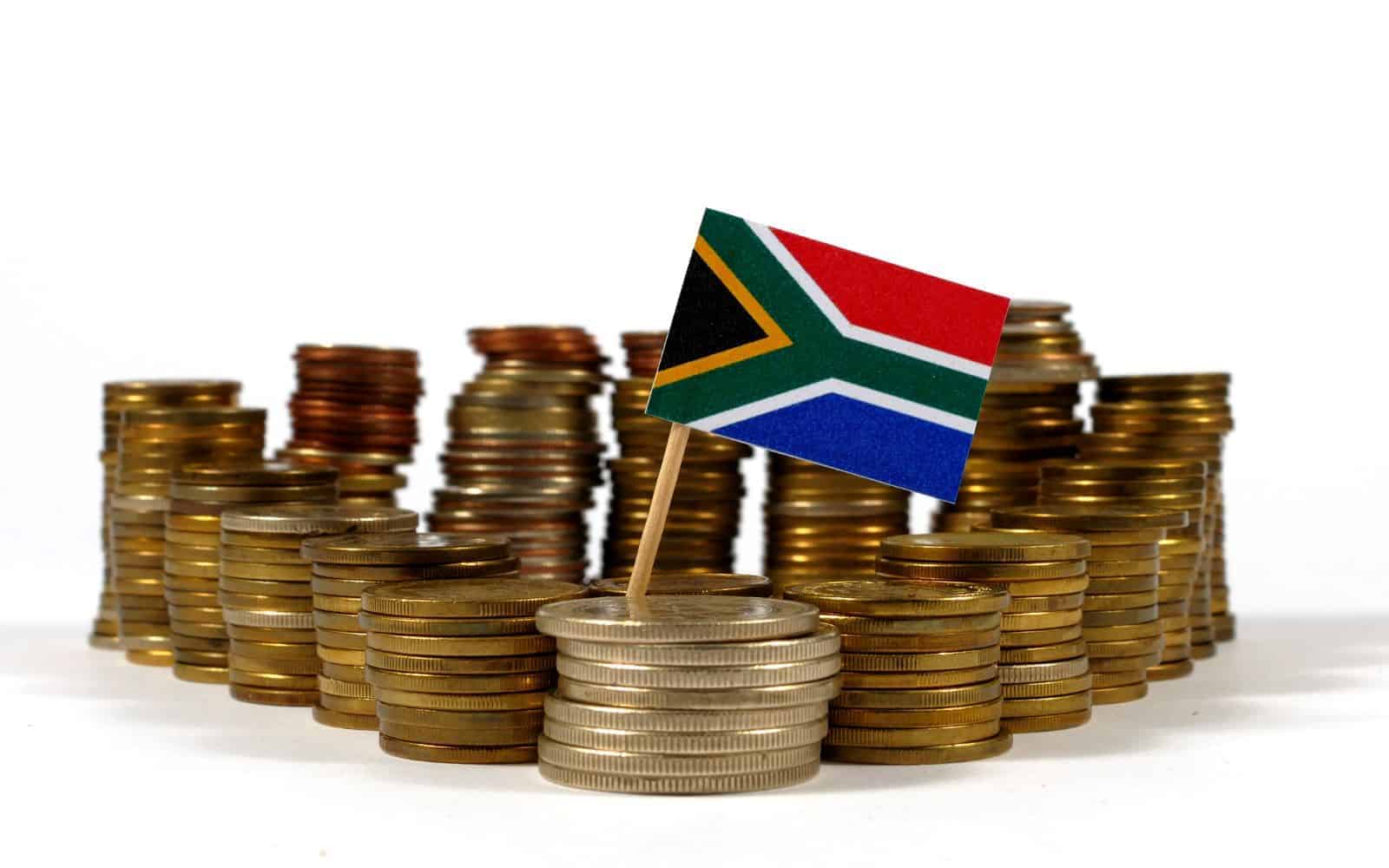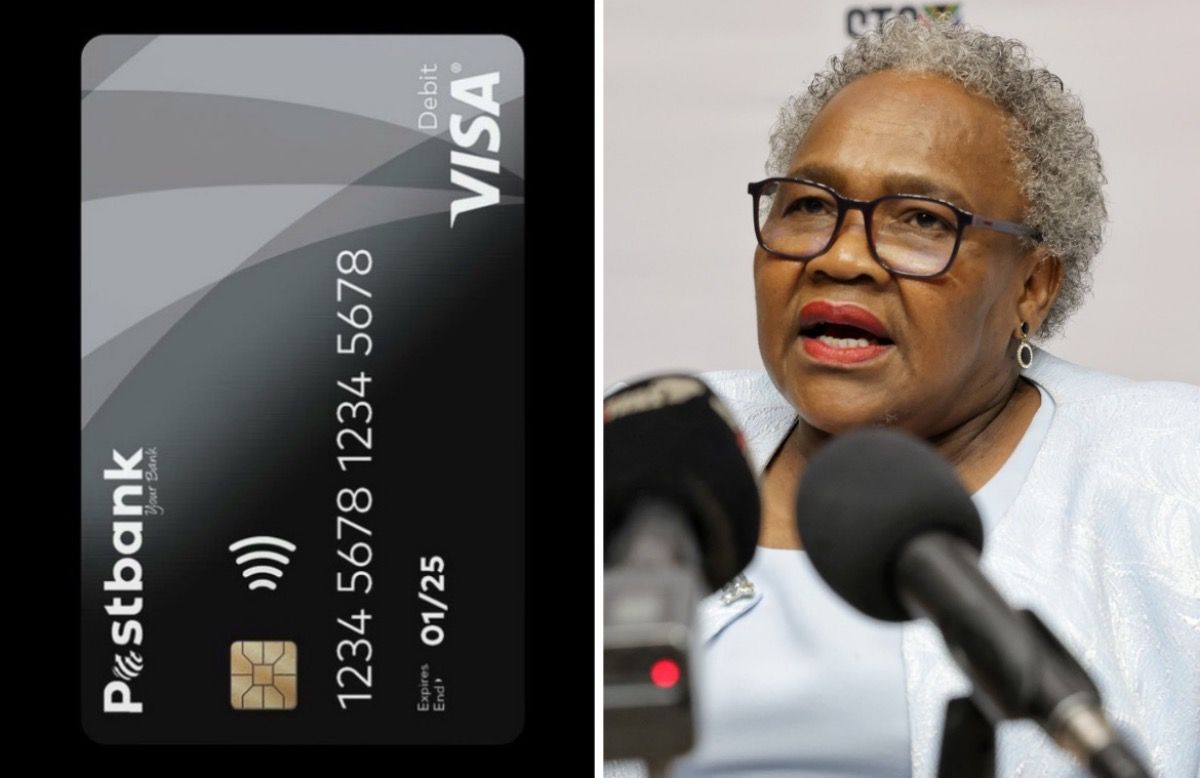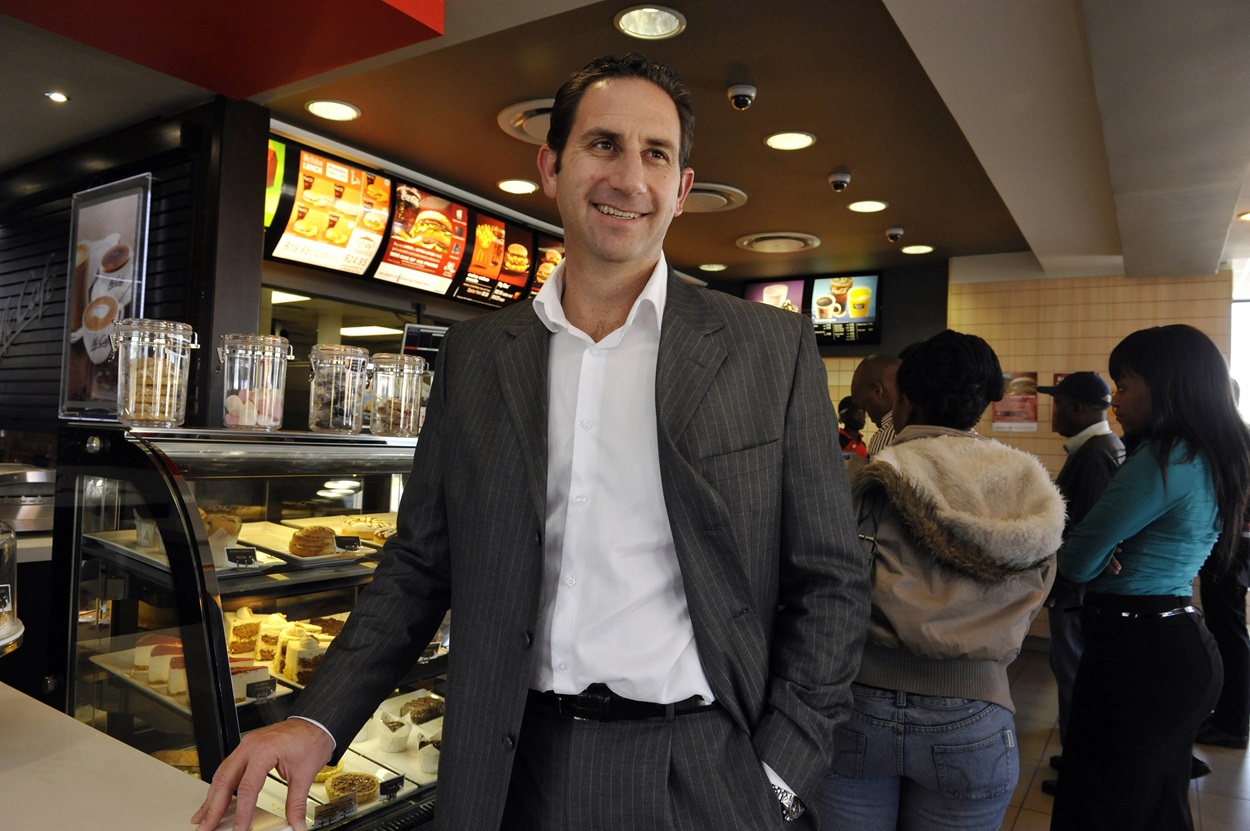It is always better to try and cut your expenses if you run short of money if you can instead of taking out a loan.
Most consumers never think twice about what a loan is, simply regarding it as an emergency measure or a way to pay for something that is too expensive to pay cash for, such as a house or a car.
Now that we all survived Januworry with what felt like eight weeks in one month and another fuel price increase consumers are counting the damage to their financial status and realise they borrowed far too much money to get by. And will have to borrow again to afford essentials.
At the end of last year, South Africa’s Credit Stress Report revealed a growing reliance on credit with the number of credit-active consumers increasing by 1.4% compared to the year before, while credit card and retail credit balances made up 40% of this growth. Total loan balances increased to R2.47 trillion (up 2%), while overdue balances grew by a whopping R4.7 billion.�
However, Salem Nyati, Momentum Group’s consumer financial education specialist, says what is most concerning is how many consumers turn to informal and unregulated sources of credit, such as loan sharks or mashonisas.
ALSO READ: What you need to know about personal loans
Registered credit providers are stricter with affordability
“With banks tightening their lending criteria due to an increase in bad debts, we have seen more South Africans resort to these informal credit providers for financial assistance.
“This is dangerous territory, as these credit providers do not adhere to the National Credit Act, which was established to protect consumers from illicit lending practices. They set their own, often exorbitant fees and interest rates and use debt collection tactics which can involve intimidation, threats and even violence.”
What can you do if your bank account is empty but payday is still on the distant horizon? “Know that there are other options available to you, which will be better for your finances in the long run,” Nyati says.
You can consider cutting your expenses where you can, taking a payment break, making sure you borrow safely if you have to borrow money and “cleaning house”.
Cut where you can
Get up close and personal with your day-to-day expenses and see what is essential, what is not and where you can cut expenses. Typically, essentials could include food, rent, electricity and transport. Once you have a clear picture, assess the variable expenses to see where to adjust.
“Perhaps this might entail shopping at a grocery store that offers better prices, foregoing some of your usual pricier food ‘luxuries’ for a bit, or pooling resources with others in your community, such as a lift club.”
ALSO READ: South Africans reliant on loans to keep heads above water
Take a (payment) break
Look at your existing credit obligations and request a payment break or holiday. Many credit providers will offer a payment holiday upon request. Your normal payments will continue after the agreed period, and your repayment period will adjust accordingly.
Certain insurers also have a premium skip function built into their policies, where you can miss a payment while retaining a certain level of cover. This payment relief will allow you to allocate funds to other pressing expenses while not reneging on your payment commitments or tarnishing your credit record.
However, Nyati says you must negotiate this upfront with your credit provider and stick to your agreement, as many credit providers will not look favourably on a credit holder who misses a payment without a word.
“This could end up costing you more – literally – in the long run in the form of higher premiums,” Nyati warns.
ALSO READ: What to do if you start falling behind on your home loan
If you have to borrow, do it safely
If you have to borrow money to get by, borrow from a registered financial services provider that is bound by the conditions of the National Credit Act. “Look for a legitimate loan with a reasonable interest rate and try to pay it off as soon as possible to avoid steep debt servicing fees.
“Do not borrow from unscrupulous lenders who prey on your desperation. Also avoid credit providers who advertise that they do not perform credit checks or affordability assessments as this ease of access is typically offset with steep fees and/or interest rates hidden in the fine print. And never borrow from anyone who requires you to make an upfront payment.”
Clean house and ensure you do not get stuck again
Make sure you don’t find yourself in the same situation next year. Now is a good time to plan ahead and ask how your money can work for you in 2025.
“Now is a good time to revisit all your financial obligations and see where you can make the necessary adjustments that will stand you in good stead for the year ahead.”
If you do not have one already, Nyati says now is also a good time to start an emergency fund, avoiding an unhealthy reliance on credit to cover basic expenses.
